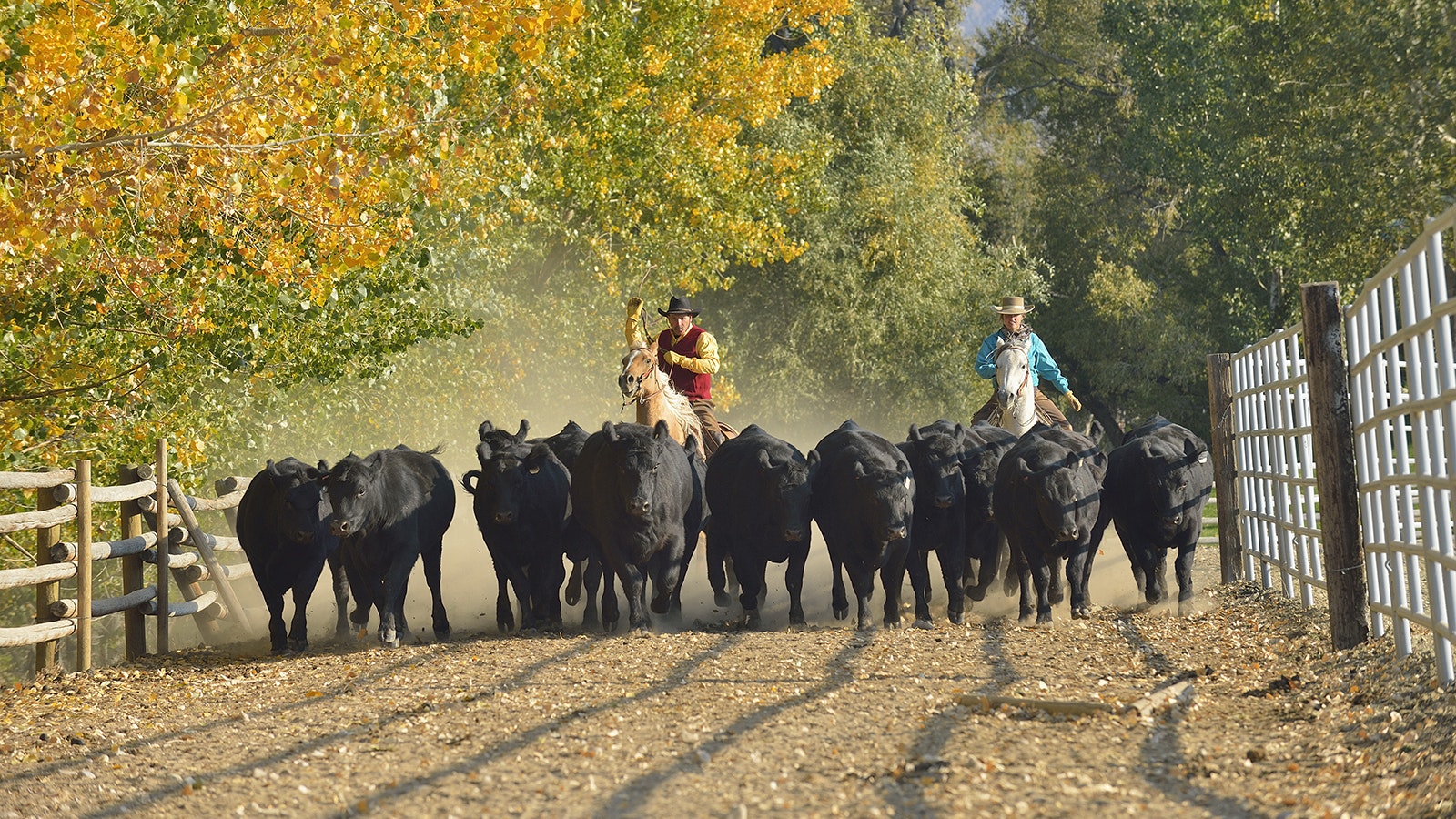The meaning of the word “single” as used in Wyoming’s adoption laws has led to a debate among members of Wyoming’s Supreme Court.
The court on Wednesday agreed to let adoption proceedings continue by a man who wanted to adopt the child of his ex-wife after his remarriage, finding the word “single” in adoption laws means “one” rather than “unmarried.”
“If we interpret the word ‘single’ … to mean unmarried, we unquestionably narrow the list of petitioners able to adopt a child, thus begging he question: to what legislatively intended end?” the opinion said.
But a dissenting opinion written by state District Judge John Fenn, who sat in with justices to hear the case, and Justice Keith Kautz said as used in adoption law, the Legislature intended the word single to mean “unmarried.”
“In this case, KA is a husband who maintains his home with is wife, who is not the child’s mother,” the dissenting opinion said. “Therefore he is not a ‘single adult’ and he is currently ineligible to file an individual petition to adopt the child.”
At issue are efforts by a man, identified only as KA, to adopt the son of his ex-wife, identified as BLS.
According to the ruling, KA began dating BLS when the child was five months old. The ruling said KA “immediately stepped in and developed a father/son relationship with the child.”
KA and BLS married, but later divorced and married other people, but the relationship between KA and the son continued, with KA being very involved in the boy’s life.
When KA tried to adopt the boy, a state district court denied his adoption petition, citing state law that said a petition for adoption may be filed by “any single adult or jointly by a husband and wife who maintain their home together, or by either the husband or wife if the other spouse is a parent of the child.”
The district court noted that KA was married, not single, so he could not file the petition as an individual.
But the majority opinion, written by Justice Lynne Boomgaarden, pointed out that in many state laws, the Legislature specifically used the word “unmarried” rather than “single” and would have used the word in adoption laws if lawmakers had wanted to limit adoption petitions. It also noted that elsewhere in adoption laws, a petition could be filed by “any adult person.”
The main goal of adoption laws is to provide for the best interest and welfare of the child, the opinion said.
“In putting the child’s best interest and welfare at the forefront, nowhere did the Legislature prescribe what family structure is in a child’s best interest,” it said.
Justices ordered the district court to proceed with the adoption process.
But Fenn and Kautz disagreed, saying state law clearly limits eligibility to seek adoptions to unmarried individuals or a husband and wife filing jointly.
“Although the word ‘single’ may have more than one meaning in general, when due consideration is given to the arrangement and connection of ‘single’ to other words in to the other words in the sentence, it is clear that ‘single’ in this statute refers to one’s marital status,” the dissent said.
The dissent pointed out that for almost 100 years, Wyoming adoption laws allowed “any person” or “any natural person” to file an adoption petition, language that was changed in 1977 to say “any single adult.”
“Therefore, the Legislature’s choice to amend the statute to read ‘any single adult’ was intentional and must be treated as such,” it said.
It added the Legislature could change the laws to allow adoptions under such circumstances if it wanted to do so.
“Until that time, this court must apply the statute as it is written,” it said.





